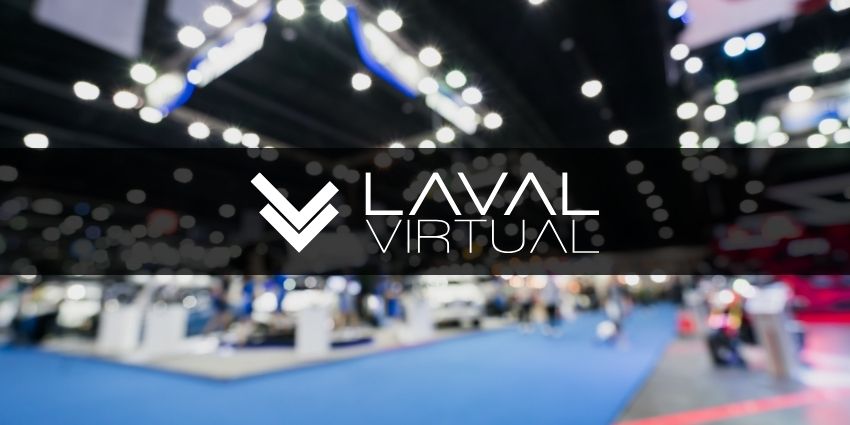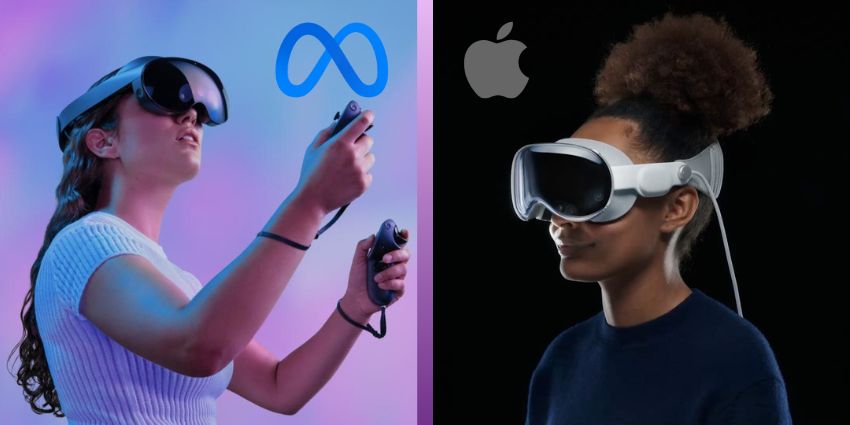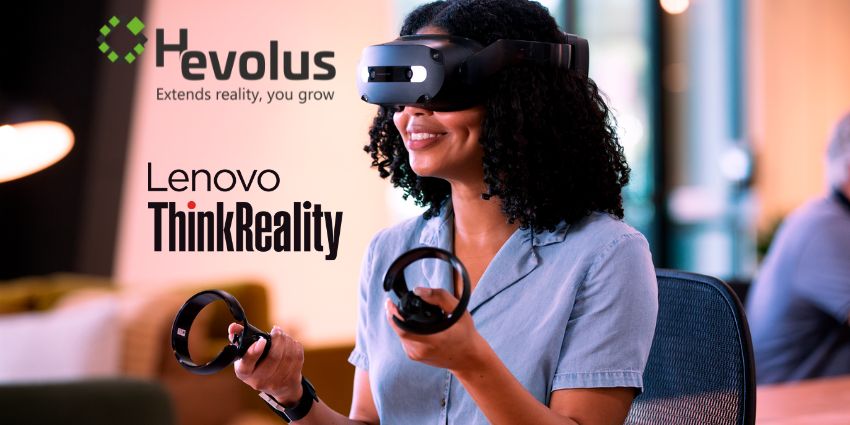Over the last five to ten years, virtual reality (VR) technologies have experienced rapid transformation via meeting support and funding opportunities.
With the ever-increasing presence of consumer-grade and affordable VR headsets, the market is growing at a rapid pace. Accessible VR avenues for consumers and enterprises allow a more comprehensive range of end-clients to access immersive technologies.
Although VR hardware is growing at such a scale, immersive firms are doubling down on scaling extended reality (XR) developer talent pools to match the demand for VR software.
Major immersive firms like Meta and HTC provide unique funding opportunities for various use cases. Major immersive firms support areas like Metaverse, training, and education content creation.
Alternatively, many XR accelerator programmes are available from the likes of T-Mobile, Disney, WXR, and Qualcomm. International XR accelerator programmes encourage developers to design new experiences for various verticals.
The internationally available programmes help scale XR solutions for arts & entertainment, industry, tourism, retail, and more.
What Funding and Support are Available for the Virtual Reality Industry?
As mentioned, many major international technology firms are running active programmes to encourage broad XR projects.
T-Mobile is leading an expansive developer support network which assists XR creators in leveraging Qualcomm’s Snapdragon Space platform for designing immersive applications for XR headsets.
Firstly, T-mobile added various companies to its accelerator, including solutions providers in industries, education, and retail. T-Mobile added Condense Reality, Everysight, Flow Immersive, Kai XR, Longan Vision Corp, Matsuko, Multicasting.io, and Prisms of Reality to its portfolio.
Moreover, in May, T-Mobile added more international companies, including Beem, Krikey, Mawari, Mohx-Games, Pluto, and VictoryXR.
In the Defence sector, funding opportunities are available from governmental institutions to design the next generation of first responders and immersive military solutions. Although, the US Army hit a roadblock in August when it slashed funding towards developing a Microsoft-powered XR training solution.
In July, Disney committed to XR and Web3 content distribution when it launched an accelerator programme. During 2022 the media giant already experimented with XR content. However, the launch of Disney’s Web3 accelerator marks the firms dedication to helping start-up XR firms.
Disney chose its participation based on supporting emerging technologies crucial to Metaverse experiences. Disney is choosing to explore immersive solutions such as augmented reality (AR), non-fungible tokens (NFT), and artificial intelligence (AI) solutions.
Disney’s chosen XR firms include Polygon Studios, FlickPlay, Lockerverse, Inworld, Obsess, and Red 6.
Recognizing Emerging VR Funding Opportunities
Inernational businesses are becoming increasingly aware of the benefits of XR solutions. More enterprises are entering or are preparing to enter the digital transformation stage. Whereby firms include emerging technology such as smart solutions, XR, and robotics into daily workplace operations.
In July, World Economic Forum (WEF) advisors, including Ravin Jesuthasan, Senior Partner and Global Leader for Transformation Services, Mercer, and George Zarkadakis, Senior Fellow, GeoTech Centre of the Atlantic Council, posted a report exploring the role of XR in the future of the work.
The WEF report explored the benefits of integrated VR technologies, including cryptocurrency, NFTs, the blockchain, decentralized autonomous organizations (DAOs), and Web3 content.
The report explained that new corporate structures would emerge when businesses adopt DAO infrastructure widely. The WEF representatives believe DAO-powered companies will look more like cooperatives and less like corporations. Therefore, enabling firms to reduce agency costs significantly.
Funding Opportunities for VR Developers
The most extensive EU Research program supporting AR and VR is probably the Horizon EU program. In 2021, the program marked over 80 billion euros provided in funding over seven years. There’s also funding available from endeavours like the Unicef Venture Fund. The opportunity offers up to $100,000 in equity-free funding to start-ups registered in a Unicef country.
For those keen to innovate for the industrial landscape in AR and VR, The Industrial Challenge Fund is one of the most significant opportunities in the UK. Since 2021 the fund has delivered up to £16 million into creating immersive experiences. Other options include:
- Unreal MegaGrants: Epic Games have its funding initiative designed to support developers in the technology world. Grants are available for up to $500,000
- Venture Reality Fund: The Venture Reality fund offers investment for spatial technology and immersive experiences, funding companies like Owlchemy Labs.
- Super Ventures: These are specialists in finding funding for Augmented Reality projects, helping with pre-seed and seed capital.
- Outpost Capital: one of the first Silicon Valley VC funds supporting VR and AR, alongside other technologies in digital transformation
Virtual Reality Funding Opportunities Continue to Evolve
As more parts of the world continue to see the benefits of VR and AR in the entertainment sector and the business landscape, funding will continue to grow. Europe has already offered significant funding for VR and AR solutions addressing problems in the educational, industrial, and entertainment industries. Since the pandemic, new opportunities in healthcare have begun to grow at an astronomical rate.
Moreover, methods of funding exist for humanitarian projects. Unity runs a yearly Humanity Grant programme promoting XR projects that change the world for the better.
Unity’s humanity grant gives its winners funding and resources to develop a chosen immersive project. Unity awarded capital to five firms this year, including Songs of Cultures, Augment Therapy, Darkening, My Lovely Planet, and TOGUNA – The Accelerator of the Imagination.
Additionally, Unity recently joined the XR Association, a group dedicated to developing immersive content. The Association focuses on scaling education, and funding opportunities, alongside top firms such as Accenture, StriVR, and Qualcomm.
Education-based Virtual Reality Funding and Support
In April, Unity partnered with Meta to fund and support an immersive platform for classroom environments. The firms are joining forces to promote the use of education immersive content while also assisting educators with XR onboarding and training.
Via the partnership, Meta and Unity launched the Create with VR Grant, which helps distribute VR headsets to participation education institutions. The partners also ran the Create with VR for Educators training programme. The course provided roughly 30 hours of accredited professional learning between July 12th and August 5th, 2022.
Additionally, in December 2021, Meta awarded Victory XR roughly $150 million in funding to support the launch of 10 VR university campuses. The funding came as Meta focused on promoting its immersive product as workplace and educational tools.
Meta divides its VR Immersive Learning strategic partners to reflect different aspects of training and education. Meta immersive educational subsections include Metaverse Creators, Immersive Content, Increasing Access, and Responsible Research.
Finding the funding to create your own XR experiences is becoming much easier than you’d think.







